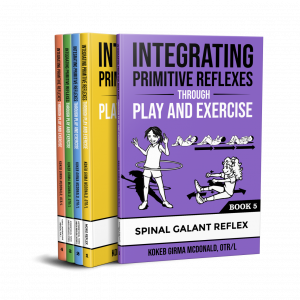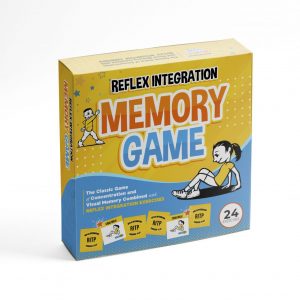I know from being a parent that watching our children grow and develop is one of the greatest joys of life. Of course, parenting never turns out exactly how we envisioned it and when you suspect that your child might have developmental delays, it can be downright challenging and confusing. Having been on both ends of the conversation—informing parents of concerns as a medical professional and hearing about the concerning observations regarding my own kids—it’s important to remember that early identification and intervention can greatly improve a child’s development and the more information parents consume and put to use, the better outcomes will be.

As a parent, here’s a step-by-step guide to help you navigate this difficult journey:
- Pay attention to your child’s development: Keep a close eye on your child’s milestones and behaviors, and take note of any concerns you have. You know your child better than anyone, so trust your instincts.
- Consult your pediatrician: Your pediatrician is a great first point of contact regarding your child’s development. They can help you assess your child’s developmental progress and provide referrals to specialists if necessary.
- Seek out specialists: Depending on the type of delay, your child may benefit from seeing specialists such as a developmental pediatrician, speech therapist, or occupational therapist. These professionals can help diagnose and treat your child’s specific needs.
- Get a comprehensive evaluation: A thorough evaluation can give you a clearer picture of your child’s developmental delays and what can be done to help. This evaluation should be individualized to your child’s specific needs and should take into consideration any co-occurring conditions.
- Educate yourself: The more you know about your child’s developmental delay, the better equipped you will be to support them. Read books, talk to experts, and join support groups to better understand your child’s condition.
- Connect with other parents: You are not alone in this journey. Joining a support group or connecting with other parents who have children with similar conditions can provide you with emotional support, resources, and a sense of community.
- Advocate for your child: Your child’s well-being should be your top priority. Work with teachers, therapists, and other professionals to ensure your child gets the support and services they need. And don’t be afraid to speak up and advocate for your child’s rights and needs.
- Do not DIY treatments: While it may be tempting to try some DIY treatments or therapies you’ve heard about, I want to encourage you to seek out the guidance of trained professionals. They have the expertise and knowledge to provide the best possible treatments for your child’s unique needs. Imagine if your child had a little ache in their tooth, you would likely consult a dental professional to provide the best care and relief for your child’s pain. You would not pull out a pair of pliers and attempt to be the dentist yourself. The same goes for your child’s developmental delays. With the proper guidance and support from trained professionals, you can help your child achieve their full potential.
Remember, early intervention is critical when supporting a child with developmental delays. Your child can overcome these challenges and reach their full potential with the right resources and support. As a parent, you can make a difference in your child’s life!



